When a business considers to sell its accounts receivable, the process can get confusing. Though a major form of generating cash flow, invoice finance can be puzzling. Businesses find it difficult to comprehend the rates paid through the contracts of factoring and invoice discount.
Here, we compare factoring companies to disclose the ins-and-outs of factoring.
Common Comparisons
An invoice finance company can provide you with a lengthy and complicated proposal. This proposal might list multiple different fees. However, not everyone understands these details of the contract.
Some of the fees included in proposals provided by traditional invoice finance companies include,
- Service Fee
- Arrangement Fee
- Non-recourse fee
- Annual Review Fee
- Retrospective Fee
- Refactoring Fee
- Extended Service Fee
- Discount Charge
- Audit Fee
- Trust Account Fee
Advance Rates; All You Need to Know
Sometimes, invoice finance companies advertise to offer “upto 85-90%” of their accounts receivable in advance, By comparing factoring companies, “upto 85-90%” often results in a meager advance rate than initially disclosed.
The contracts of invoice finance companies can be binding and difficult to get out of. In some cases, factoring companies provide a “teaser” proposal sheet. However, the actual terms and rates may change, once they get more information about your business.
Assure Transparency
“Teaser” sheets can get you in trouble as the actual rates can catch you off guard. Make sure you understand all the terms and policies of the factoring company your business is going to enroll with. At the end of transactions, certain factoring companies demand higher rates than the initial amount. Get the factoring company to disclose all applicable conditions for a reliable and effective factoring service.



